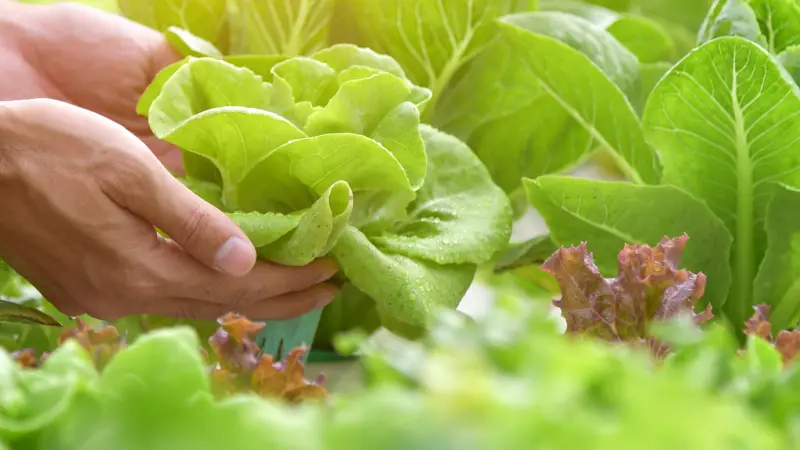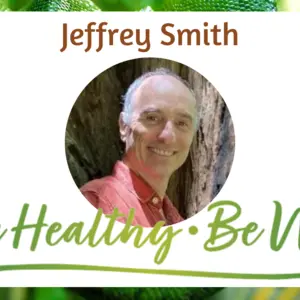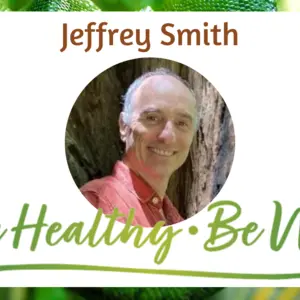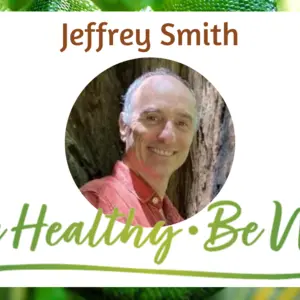

Food, Farming and Nutrition

Food, Farming and Nutrition
Organic Farms Grow Clean Water
At KnoWEwell, we took Rodale Institute’s pledge to Grow Clean Water. Here’s why you should, too!
We all rely on clean water for drinking, swimming, and fishing, but did you know the way farmers grow our food has a huge impact on our rivers, streams and ultimately the water we drink and our health?
Runoff from farm fields—in the form of chemicals, soil, and fertilizers—can hurt the health of our watershed. Organic farmers do not use synthetic chemicals, fertilizers, or GMO (genetically modified) seeds. Instead they rely on natural methods like crop rotation, composting, and cover cropping—a natural means of suppressing soil diseases and pests, increasing soil quality and protecting the soil from erosion, runoff and nutrient loss.
What’s at Stake?
Nitrogen and phosphorus in chemical fertilizers that run off into waterways cause algae to grow faster than ecosystems can handle. This decreases oxygen that fish and aquatic life need to survive and causes “dead zones.” The Gulf of Mexico dead zone located at the base of the Mississippi River is one of the largest in the world. It varies in size and has covered over 8,500 square miles.
When farmers use organic practices, our streams and rivers run cleaner and our water stays safer—which means healthier food, healthier people, healthier animals, and a healthier planet.
You can help care for our water by supporting healthy organic farms: buy organic foods. And when you sign Rodale Institute’s pledge to grow clean water, you’ll also receive a FREE family friendly pledge kit valued at over $15.
REFERENCES
Sources & Further Reading:
Rodale Institute. GROW CLEAN WATER. Retrieved February 5, 2020, from https://growcleanwater.org/
Rodale Institute. WHAT’S GROW CLEAN WATER? Retrieved February 5, 2020, from https://growcleanwater.org/about/
Rodale Institute. WATERSHED IMPACT TRIAL. Retrieved February 5, 2020, from https://rodaleinstitute.org/science/watershed-impact-trial/
Rodale Institute. COVER CROPS: What are cover crops? Retrieved February 5, 2020, from https://rodaleinstitute.org/why-organic/organic-farming-practices/cover-crops/
EPA Environmental Protection Agency Mississippi River/Gulf of Mexico Hypoxia Task Force. (n.d.). Hypoxia 101: What is hypoxia and what causes it? . Retrieved February 5, 2020, from https://www.epa.gov/ms-htf/hypoxia-101
National Oceanic and Atmospheric Administration, U.S. Department of Commerce. (August 2, 20172017, August 2). Gulf of Mexico ‘dead zone’ is the largest ever measured. Retrieved February 5, 2020, from https://www.noaa.gov/media-release/gulf-of-mexico-dead-zone-is-largest-ever-measured
ABOUT RODALE INSTITUTE
Rodale Institute is growing the organic movement through rigorous, solutions-based research, farmer training, and consumer education. The Institute is committed to changing farming in the Delaware River Watershed and around the world.
Rodale Institute, birthplace of the organic movement in North America, is a 501(c)(3) nonprofit dedicated to pioneering organic farming through research and outreach. For more than 70 years, the Institute has been putting science behind best practices in organic agriculture and sharing its findings with farmers and scientists throughout the world, advocating for policies that support farmers, and educating consumers about how going organic is the healthiest option for people and the planet. Learn more at RodaleInstitute.org.


 By
By







